
Optimizing Case Management to Support the Resentencing of Over-incarcerated Individuals
The California Department of Corrections and Rehabilitation (CDCR) is responsible for the incarceration of nearly 100,000 adults, operating the second largest prison system in the United States. Los Angeles County (LA County) is the largest contributor to the carceral system in California – with nearly 30% of all adults admitted... Read more
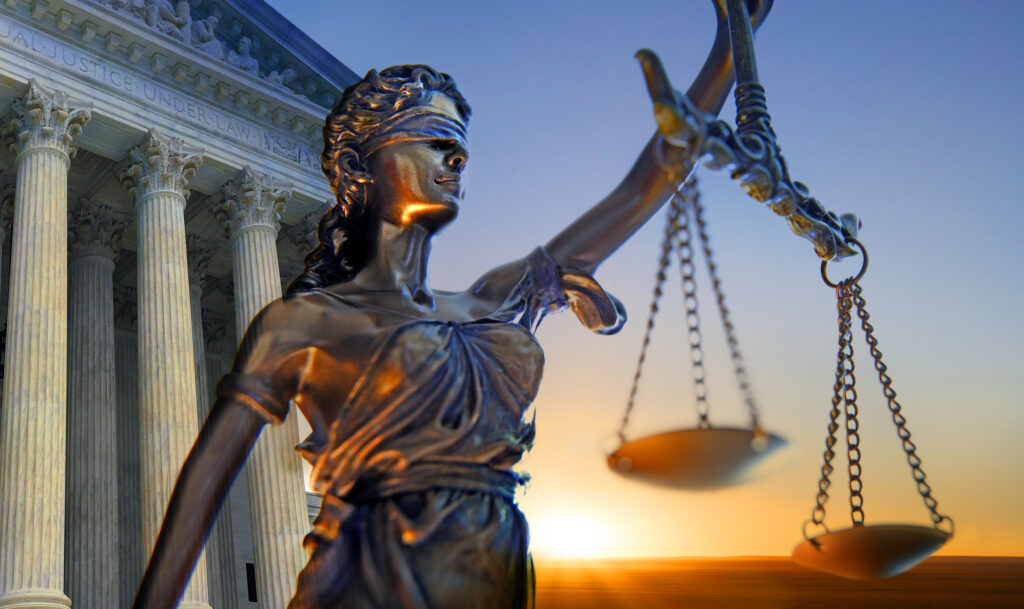
Streamlining Workflows to Support the Release of Over-incarcerated Individuals
The California Department of Corrections and Rehabilitation (CDCR) is responsible for the incarceration of nearly 100,000 adults, operating the second largest prison system in the United States. Los Angeles County (LA County) is the largest contributor to the carceral system in California – with nearly 30% of all adults admitted... Read more
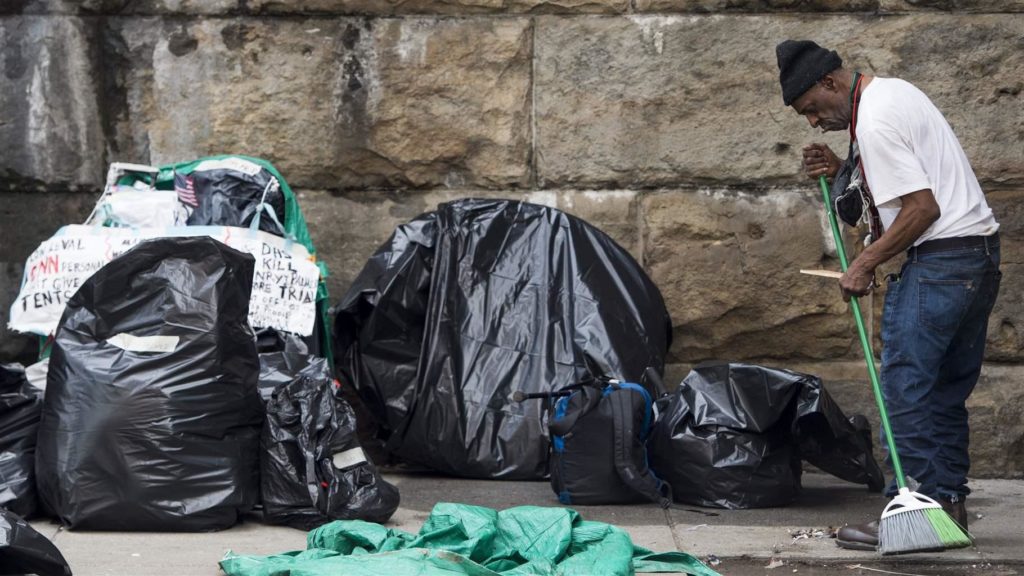
Advancing Racial Equity in LA County’s Homeless Services System
Los Angeles County is celebrated for its diverse mix of nationalities, cultures, identities, and languages. This cultural richness is stifled by stark racial and socioeconomic inequities that manifest in disparities in health, economic mobility, housing, and homelessness—particularly for communities of color. Black/African American people made up 40% of the total... Read more

Ensuring Equitable Access to Career Development through the West San Jose Innovation Zone
The City of San Jose is known as the Capital of Silicon Valley. With a population of just over 1 million, it is the third largest city in California. Given the region’s proximity to cutting-edge technology companies, there is immense potential to offer residents greater exposure to new education and... Read more

Rejuvenating Healthcare Workers by Creating an Organizational Culture of Wellness
Covid-19 disrupted the healthcare system and put healthcare workers across the country on the frontlines of the global pandemic that infected over 33 million Americans and took the lives of over 600 thousand Americans. Even before the pandemic, under usual working conditions, severe burnout syndrome affects as many as 33%... Read more
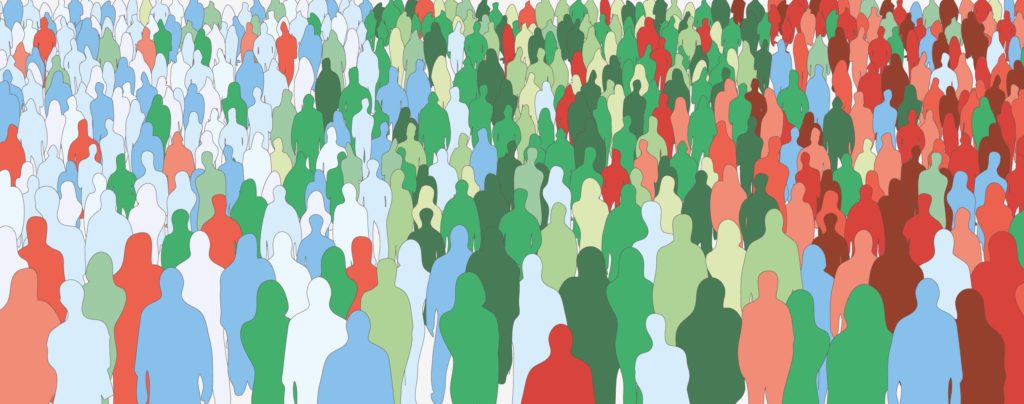
Building Healthier Communities by Establishing an Enterprise-Wide System of Care
The Los Angeles Department of Health Services (DHS) is the second-largest municipal health system in the nation, acting as a sprawling safety-net system, primarily serving Black and Hispanic and low-income populations – residents who are uninsured or covered by Medi-Cal. Despite continuous improvements DHS has undertaken to respond to changes... Read more

Creating Equitable Pathways to Quality Jobs in Furtherance of L.A.’s Green New Deal
The City of Los Angeles knows that taking immediate action to sustain clean air, water and healthy living conditions is a moral imperative. Building on its initial Sustainable City Plan (2015), the City’s Paris-compatible Green New Deal (2019) laid out ambitious targets to directly address issues ranging from inequitable access... Read more
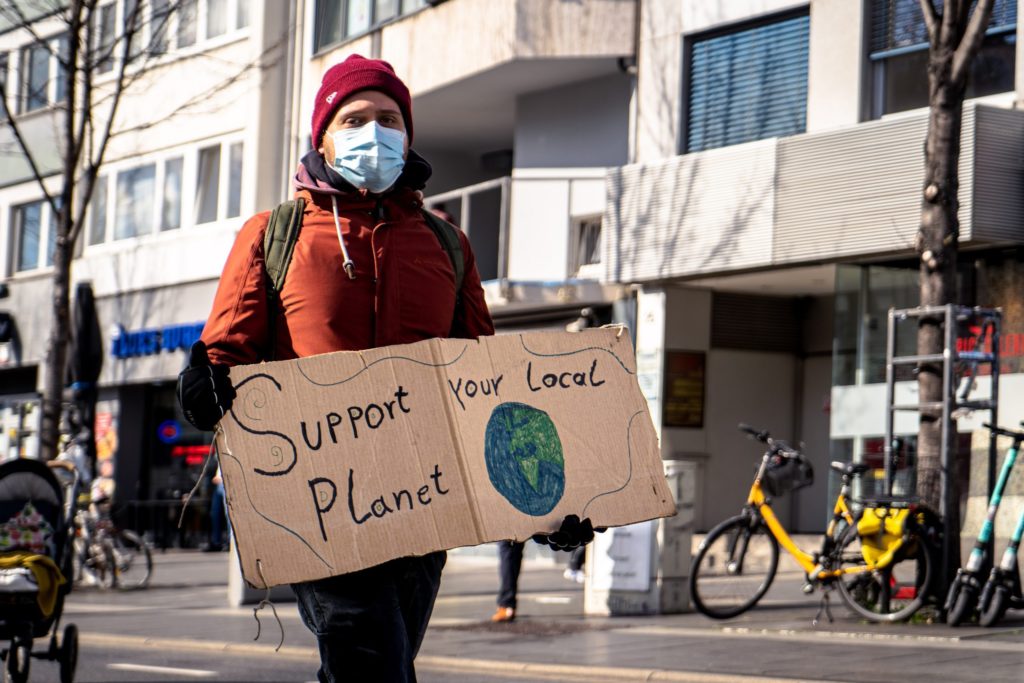
Building Community Resilience by Implementing a Climate Health Equity Program
King County Public Health – Seattle & King County (PHSKC) and its Environmental Health Services Division (EHS) are dedicated to building innovative and intersectional climate solutions that support community resilience and limit the climate burden on frontline communities. The department’s Blueprint for Addressing Climate Change and Health (Blueprint) offers a... Read more

Building an Inclusive and Resilient Economy by Supporting LA’s Minority & Women-Owned Small Businesses
Small businesses play a critical role in the US economy as employers, sources of innovation, and community centers. But small businesses, particularly those owned by women and people of color, have been uniquely vulnerable to the economic fallouts of the recent COVID-19 pandemic. Unfortunately, Los Angeles has been a hotspot... Read more
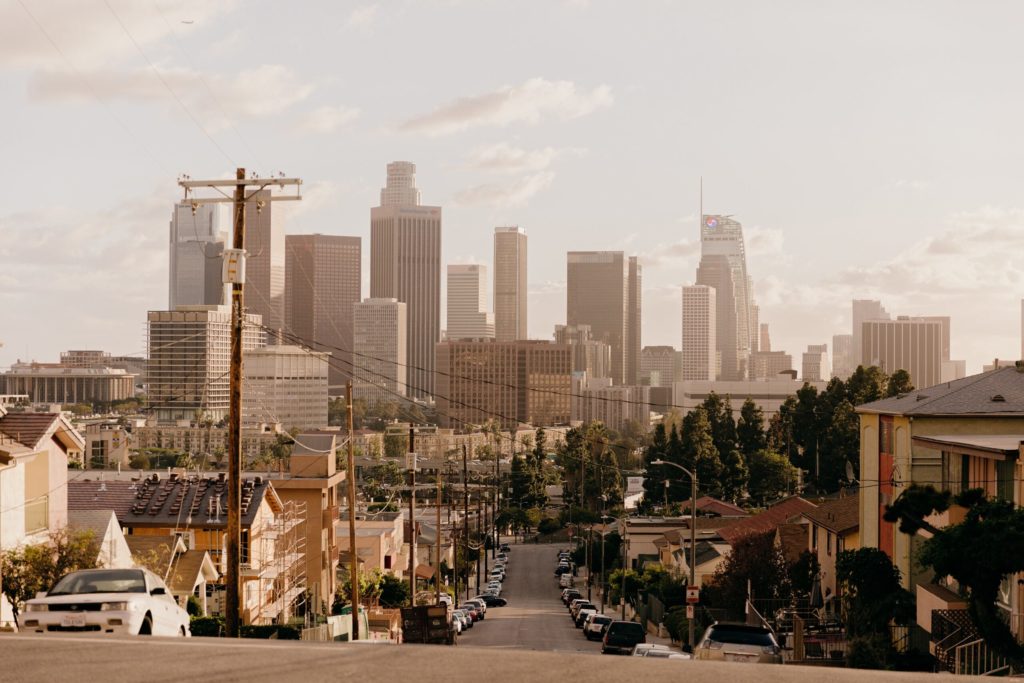
Reducing LA County’s Jail Population by Scaling Rapid Diversion Programs
Los Angeles County operates the largest jail system and de-facto mental health facility in the United States, holding more than 17,000 people daily, nearly 30% of whom have a serious mental health disorder. Residents of color are disproportionately incarcerated, with Black residents accounting for only 9% of the total population... Read more
